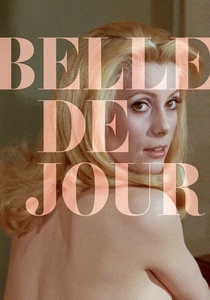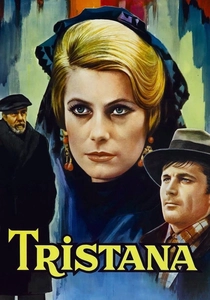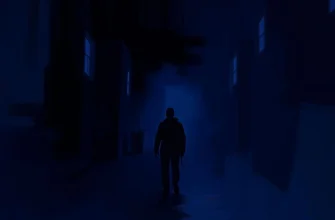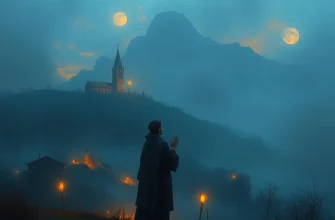Si vous avez été captivé par 'Cet obscur objet du désir' (1977), ce film énigmatique de Luis Buñuel, vous cherchez peut-être d'autres œuvres qui mêlent désir, mystère et psychologie complexe. Cet article vous propose 10 films et séries similaires, explorant des thèmes comparables d'obsession, de passion et de jeux de pouvoir. Plongez dans des récits tout aussi fascinants et troublants.

Diary of a Chambermaid (1964)
Description: Delves into class struggle and sexual politics through the eyes of a chambermaid, blending realism with biting social commentary.
Fait: The film was a French-Spanish-Italian co-production. It marked a departure from the director's earlier, more surreal works.
 Regarder
Regarder

Belle de Jour (1967)
Description: Explores themes of desire, repression, and duality through a woman's secret life as a high-class prostitute, blending surrealism with psychological depth.
Fait: The film was initially banned in several countries due to its controversial subject matter. It won the Golden Lion at the Venice Film Festival.
 Regarder
Regarder

Tristana (1970)
Description: A dark exploration of power, manipulation, and revenge, centered around a complex relationship between a young woman and her guardian.
Fait: The film was adapted from a novel by Benito Pérez Galdós. It was controversial for its portrayal of moral decay.
 Regarder
Regarder

The Discreet Charm of the Bourgeoisie (1972)
Description: A satirical take on bourgeois society, filled with absurd interruptions and dream-like sequences that challenge reality and social norms.
Fait: The film won the Academy Award for Best Foreign Language Film. It features a non-linear narrative that keeps the audience guessing.
 Regarder
Regarder

The Phantom of Liberty (1974)
Description: Uses a series of loosely connected vignettes to critique societal conventions, blending humor with surreal and provocative imagery.
Fait: The film's title is inspired by Karl Marx's 'The Communist Manifesto.' It was one of the director's most experimental works.
 Regarder
Regarder

The Criminal Life of Archibaldo de la Cruz (1955)
Description: A darkly comic exploration of guilt and obsession, following a man who believes he is a murderer but may be delusional.
Fait: The film was one of the director's first forays into black comedy. It has been compared to Hitchcock's psychological thrillers.
 30 jours gratuits
30 jours gratuits

The Exterminating Angel (1962)
Description: A surreal allegory about societal breakdown, where guests at a dinner party find themselves unable to leave, revealing their true natures.
Fait: The film's premise was inspired by a recurring dream of the director. It has been interpreted as a critique of Francoist Spain.
 30 jours gratuits
30 jours gratuits

Simon of the Desert (1965)
Description: A short but potent satire on religious fanaticism and human folly, featuring a stylized, almost mythical approach to storytelling.
Fait: The film was intended to be longer but was cut short due to budget constraints. It remains one of the director's most enigmatic works.
 30 jours gratuits
30 jours gratuits









